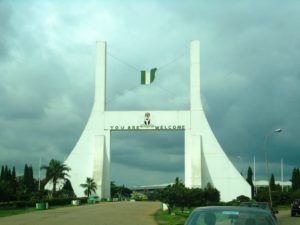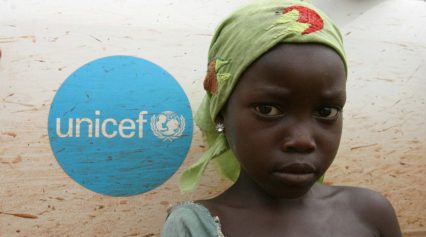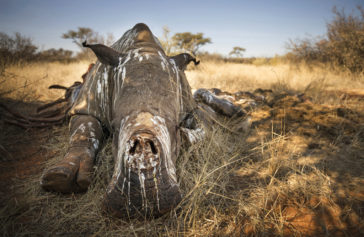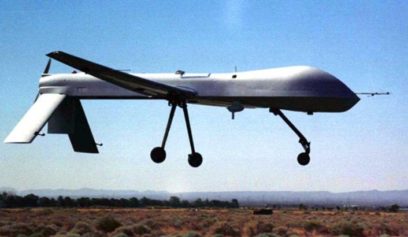
Average Nigerians seemed unimpressed by the news, saying a doubled GDP figure didn’t put money in their pockets. Though GDP per capita rose to $2,688 last year from an estimated $1,437 in 2012, poverty and inequality have widened.
GDP for 2013 in Africa’s top oil producer was 80.22 trillion naira, or $509.9 billion, the Nigeria Bureau of Statistics said, up from the 42.3 trillion naira estimated before the rebasing. The new figure shrank Nigeria’s debt-to-GDP ratio to 11 percent for 2013, against 19 percent in 2012, statistics chief Yemi Kale told reporters in the capital of Abuja.
Most governments overhaul GDP calculations every few years to reflect changes in output, but Nigeria had not done so since 1990, so sectors such as e-commerce, mobile phones and its prolific “Nollywood” film industry — now worth 1.4 percent of GDP, Kale said — had to be factored in to give a clearer picture.
Growing attention from foreign investors was forcing Nigeria to more accurately calculate its statistics, including GDP, Kale said, adding that the base year would now be recalibrated every five years, in line with global norms.
Nigeria, Africa’s most populous country with 170 million people, has been growing as an investment destination owing to the size of its consumer market and growing capital markets.
The jump in the official GDP figure ranks Nigeria as the 26th biggest economy in the world, up from 33rd before the rebasing, Kale said. It comes at a time of rising investor interest in the African continent’s growth potential and expanding middle class.
Many Nigerians shrugged off the GDP news.
“I’m not really impressed. I don’t feel it in my pocket,” said Richard Babs-Jonah, 47, a small farmer, rubbing his thumb against his index and middle fingers to signify cash.
“It’s not the masses who are rich. Those controlling the economy, those with government contracts, get all the money,” he added, expressing the common view that Nigeria’s economy is rigged in favor of a handful of well-connected oligarchs.
Read the full story at america.aljazeera.com


